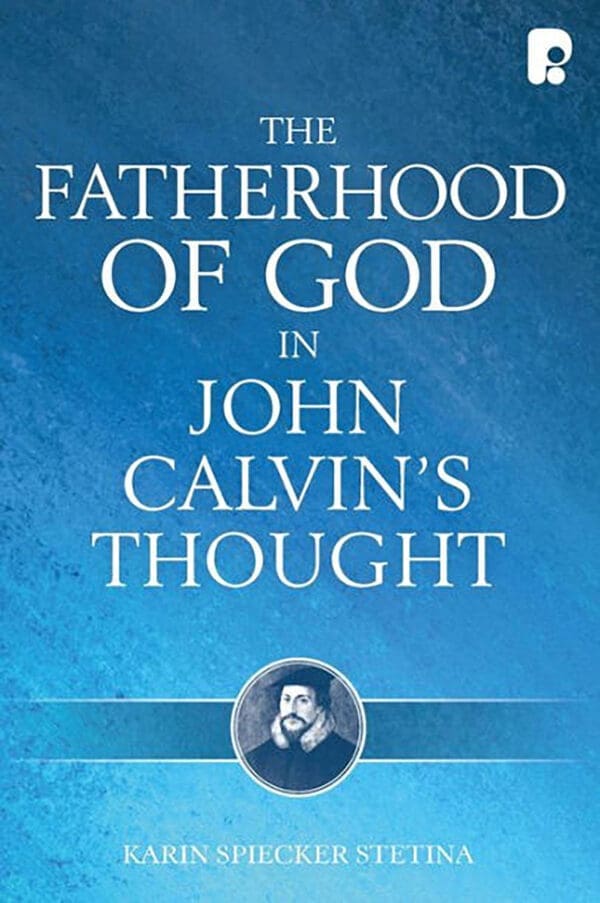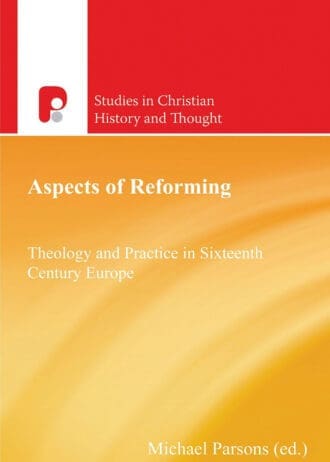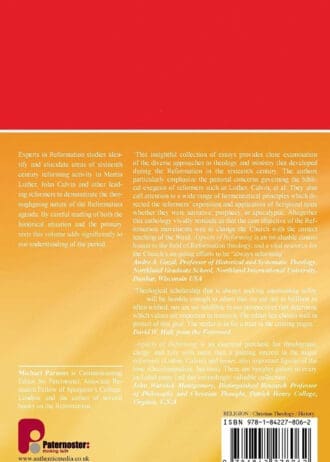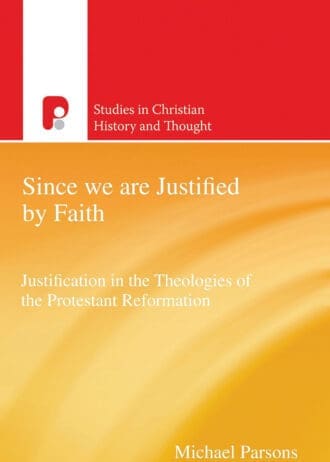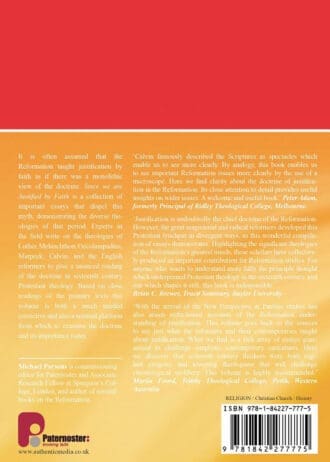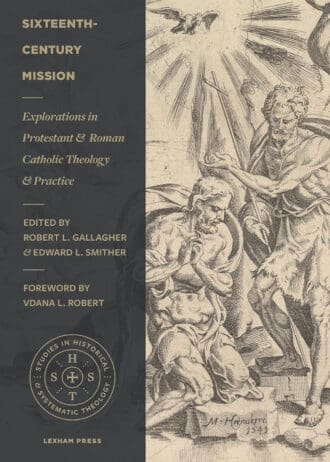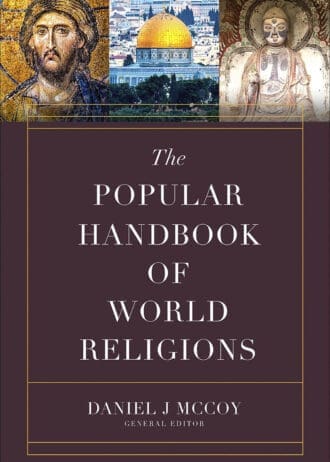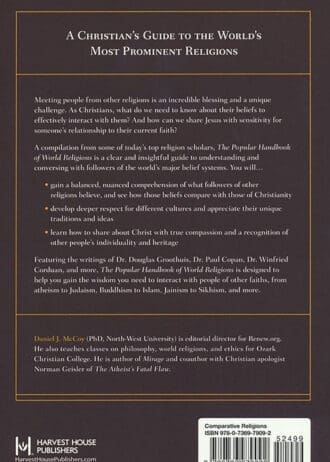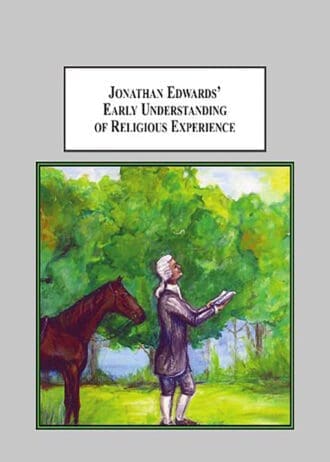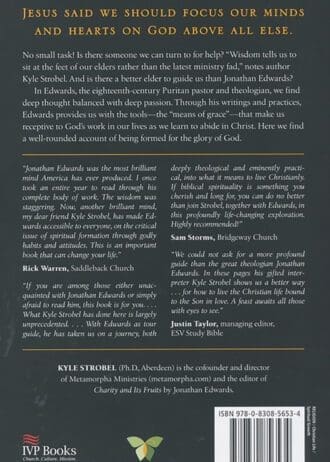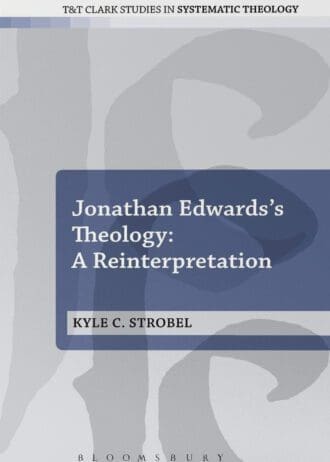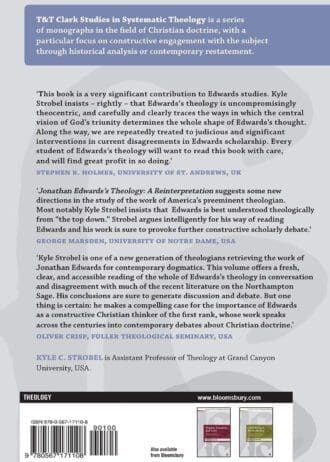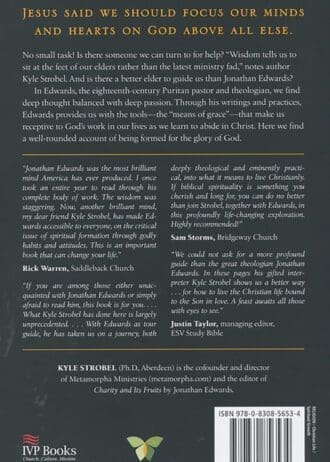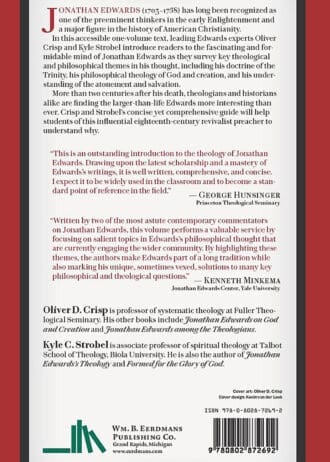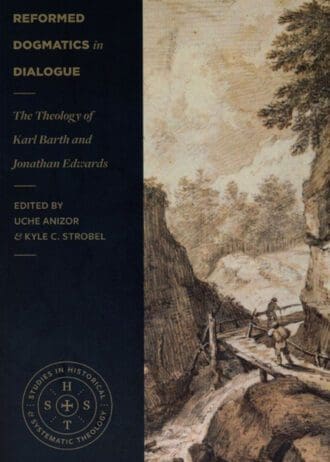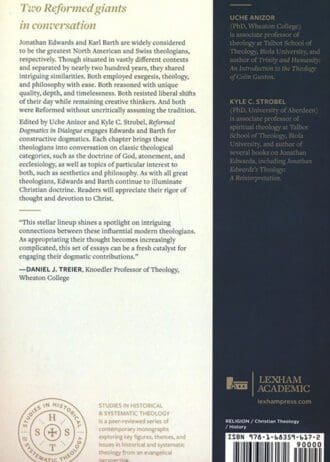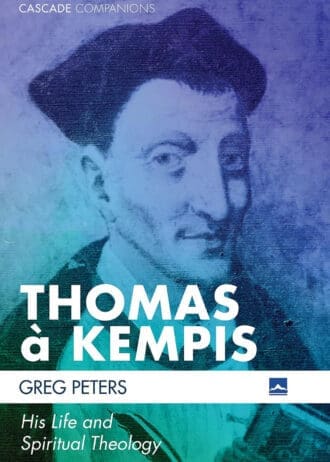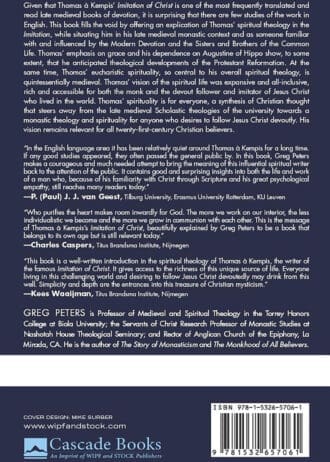Against the backdrop of feminist critique, Karin Spiecker Stetina gives us a thorough study of John Calvin’s ideas on the fatherhood of God. After looking briefly at Calvin’s own experience of fatherhood, the author looks in depth at his epistemology and then his imagery for God as Father against the background of the biblical and historical doctrine. This intriguing study allows us, through the lens of the reformer’s theology, to look again at what we mean by God as Father and believers as sons and daughters of the living God.
Aspects of Reforming: Theology and Practice in Sixteenth Century Europe
The book illustrates the fact that in reforming theology sixteenth century theologians also reformed practice or the imperatives of Christian living. Experts in reformation studies identify and elucidate areas of sixteenth century reforming activity in Martin Luther, John Calvin and other leading reformers to demonstrate the thoroughgoing nature of the reformation agenda. The interpretation of Scripture, the centrality of Jesus Christ, the Jewish question, freedom and pastoral insight form the contents of an important section on Luther. The use of feminine imagery for God, the Augsburg Confession, deification, education, and the gospel are treated in relation to Calvin. The final section deals with Oecolampadius, the Son of Man texts in Matthew, justification, texts on difficult deaths and a Trinitarian exegesis of Scripture. By careful reading of both the historical situation and the primary texts this volume adds significantly to our understanding of the period.

